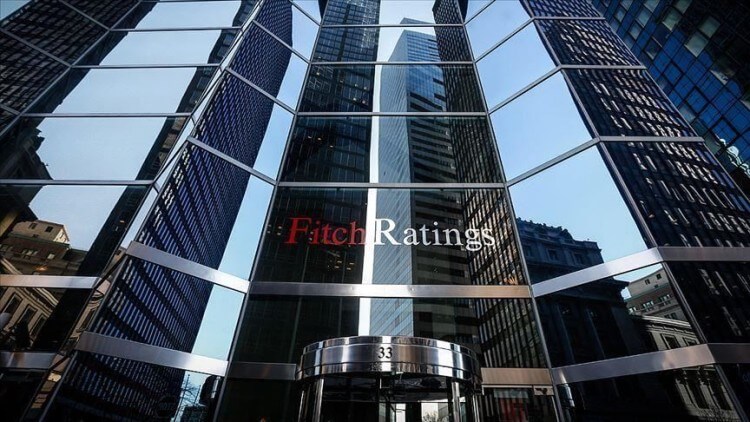Fitch Revises Nigeria’s Economic Outlook From Negative To Stable
…Warns CBN Against Foreign Exchange Restrictions
Advertisement
New York based Fitch Ratings has revised Nigeria’s long-term Foreign-Currency Issuer Default Ratings from negative to stable while it affirmed the IDR at ‘B’.
Fitch made the revision in its latest report released on Wednesday.
The agency said the ‘B’ rating exposes Nigeria’s weak fiscal revenues, comparatively low governance and development indicators, high dependence on hydrocarbons and a track record of subdued growth and high inflation.
Advertisement
Issuer Default Ratings defines an entity’s relative vulnerability to default on financial obligations.
The new outlook follows the reduced impact of Covid- 19 pandemic on the Nigerian economy as lockdown restrictions have been eased and most sectors of the economy have reopened.
Crude oil prices which are the country’s major source of foreign exchange have surged to an average of $40 per barrel.
Fitch explained that the country has navigated external liquidity pressures from the pandemic induced shock through partial exchange rate adjustment combined with capital flow management measures and foreign-currency restrictions.
“The Central Bank of Nigeria continues to prioritise exchange rate stability over other policy goals, in Fitch’s view.
Advertisement
“Tightening Foreign Currency supply for trade and financial transactions could harm growth and exacerbate inflationary pressures, driving further misalignment of the naira’s real exchange rate,” the credit rating agency said.
The agency said the foreign exchange restrictions by Nigeria’s apex bank could also damage investor confidence and possibly lead to Nigeria’s exclusion from benchmark equity indices, durably impeding a return of foreign inflows.
“This would place the onus of rebuilding reserves on sovereign external borrowing amid continued current account deficits,” Fitch said.
Nigeria’s foreign reserves will remain pressured from current account deficits in 2020 and 2021, marking an interruption to a long streak of external surpluses, Fitch noted.
The agency added, “We expect the government to cover most of its funding needs in 2020-2022 domestically, supported by ample liquidity in the non-banking financial system as highlighted by the negative real rates on local currency debt.”



